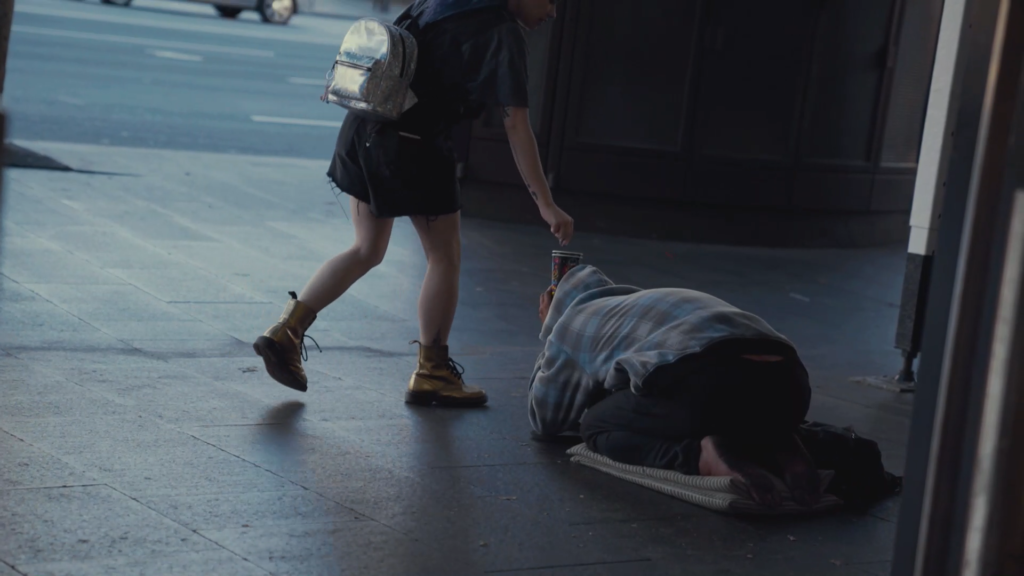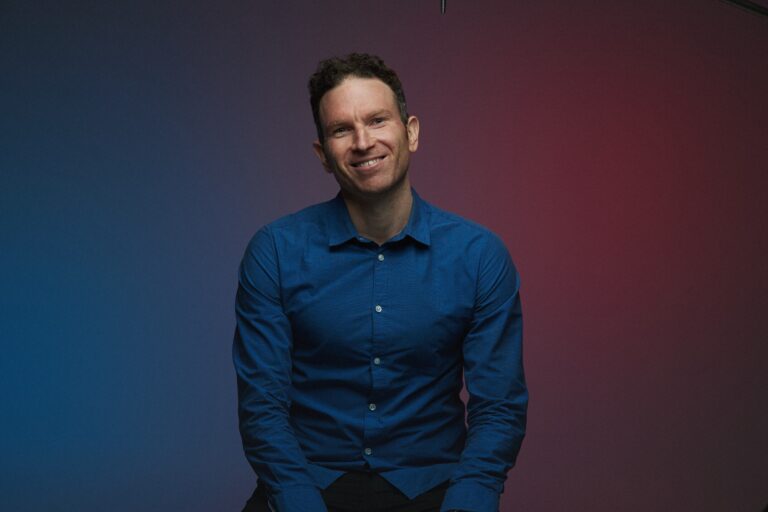Giving and showing compassion to others should not be contrived.

With the dawn of monthly outreaches in the ACT, the smaller population of people sleeping on the streets and the consequent possibility of inconsistency in the number of conversations on outreach, gave us reason to consider the idea of additional ‘casual’ outreaches. Along the lines of going to a town centre for an hour or so on a weeknight with a friend, taking a couple care packages and having a conversation or two – particularly if we already had something to do in that area.
The idea gave me pause for reflection. Why could this not be something commonplace in my life already? Why did I need to wait for the launch of Mobilise in the ACT for such a thing to occur?
Come to think of it, when I pass someone experiencing homelessness, my typical response has been to check my wallet for change to leave them. Only on the rarest occasion would I chose to pause, speak, and connect with them in such a way as typical to an outreach. Too often, our capacity to give is dependent upon structured opportunities such as those offered by outreaches.
The near transactional nature of an interaction of donation without stopping to chat also sheds light on the importance of conversation for facilitating connection with strangers, particularly the homeless, whose lives appear so starkly divorced from our own. When we stop simply for a smile and the drop of a coin, we may intellectually accept that they do not live lives anywhere near the privilege of our own, or that they are not particularly happy, but our empathy is often one of distance and abstraction. Without the connection such as that which we have with our friends and family, warm empathetic concern – the capacity to sincerely enter into another’s experience – comes to us far less easily, if at all. Something that is captured so succinctly in Mobilise’s message is the potential for conversation, when coupled with willingness to connect, to provide the fertile ground we need for finding this capacity with all people, from a close friend to a stranger sleeping rough.
Giving and showing compassion to others should not be something self-imposed, to be done in a time set aside that suits us, but instead a spontaneous way of responding to discomfort and suffering in the world around us. Opportunities to connect with others and to show those in need that you care about them abound in our daily lives. It is our responsibility to cultivate a caring response that is a natural consequence of witnessing others in need, and not simply something to be done because we perceive we are doing good, or that others will see it so. I challenge all of us at Mobilise to make a commitment to connecting to the homeless whenever the opportunity may arise, rather than merely when it is the focus of our day. To develop a more spontaneous morality, an open and responsive way of being in the world, that isn’t just a monthly tick of the ‘do some good’ box on our to-do list.
William Woodrow – ACT Outreach Coordinator









